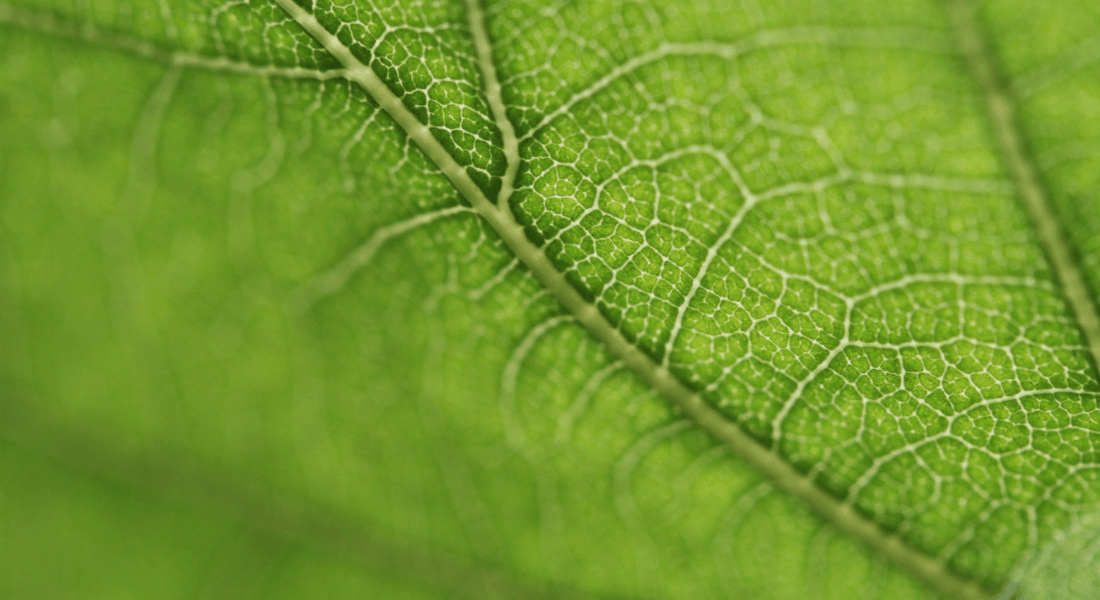PhD Defence by Stine Le Tougaard: Foliar Phosphorus Fertilization

Summary
Phosphorus (P) is an essential plant nutrient with important effects on global crop yields, but is also a non-renewable resource mostly used as fertilizer. P has a low plant available in many soils due to strong interactions with soil particles, resulting in accumulation of fertilizer P in the soil, which can potentially leach to surrounding environments. To avoid adverse soil interactions, foliar fertilization applies nutrients directly to plant foliage. Foliar fertilization is of major interest in Solanum tuberosum (potato) due to a high crop P demand combined with shallow roots unable to exploit soil P efficiently. However, foliar fertilization with P shows relatively low nutrient use efficiency, but high risk of leaf damage. Nanoparticulate P promises a lower risk of leaf damage, combined with additional properties available with nanotechnology, e.g. slow release according to plant needs, and targeting of specific plant organs.
To increase the efficiency of foliar P fertilizers, it is essential to understand the available pathways through the leaf surface for phosphate and nanoparticles, and factors governing uptake efficiency. In this thesis, fluorescing nanoparticles were observed to penetrate the leaf surface solely via a small fraction of stomata, confirming hypotheses from existing literature. Including a surfactant with superior spreading properties increased the uptake of nanoparticles three-fold compared to a traditional surfactant - but solely when applied to the upper leaf side. Investigation of potato leaf surfaces and morphology showed a lower density of stomatas but a higher hydrophilicity of the upper leaf surface, which indicates that hydrophilicity and surfactants are more important than stomatal density for increasing uptake of foliar nanoparticles in potato. Analysis of the chlorophyll a fluorescence parameters non-photochemical quenching and the OJIP curve were furthermore shown to reliably diagnose P deficiency, and were compared with traditional multi-elemental analysis.
Assessment Committee
Professor Victoria Fernandez, Technical University Madrid, Spain
Dr. Senior Scientist, Juergen Burkhardt, University of Bonn, Germany
Professor Jan K. Schjørring (Chair), PLEN, University of Copenhagen, DK
Supervisor
Professor Søren Husted, PLEN, University of Copenhagen, Denmark
Time & venue:
Friday 2nd June 2023 at 13:00
Auditorium A2-70.03 – by the Marble Hall
Thorvaldsensvej 40, Frederiksberg
The defence is followed by a reception in meeting room R322/23 on 3rd floor
Everybody is welcome
